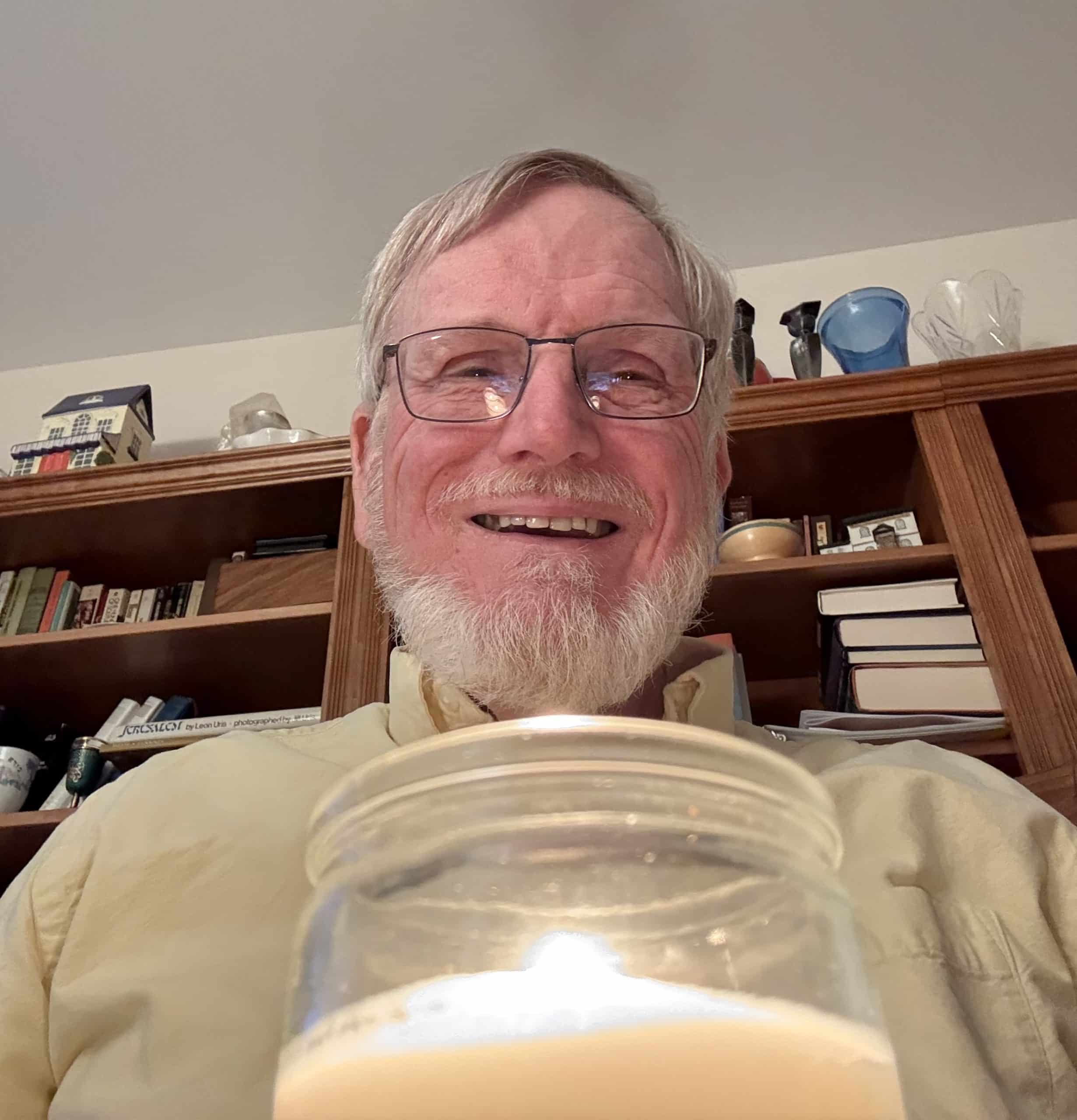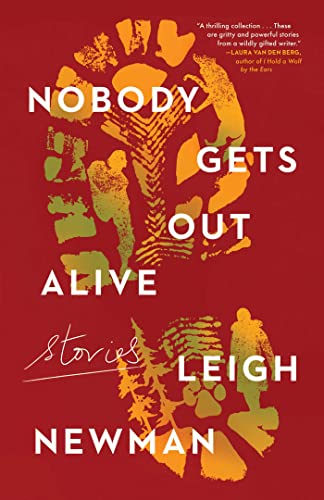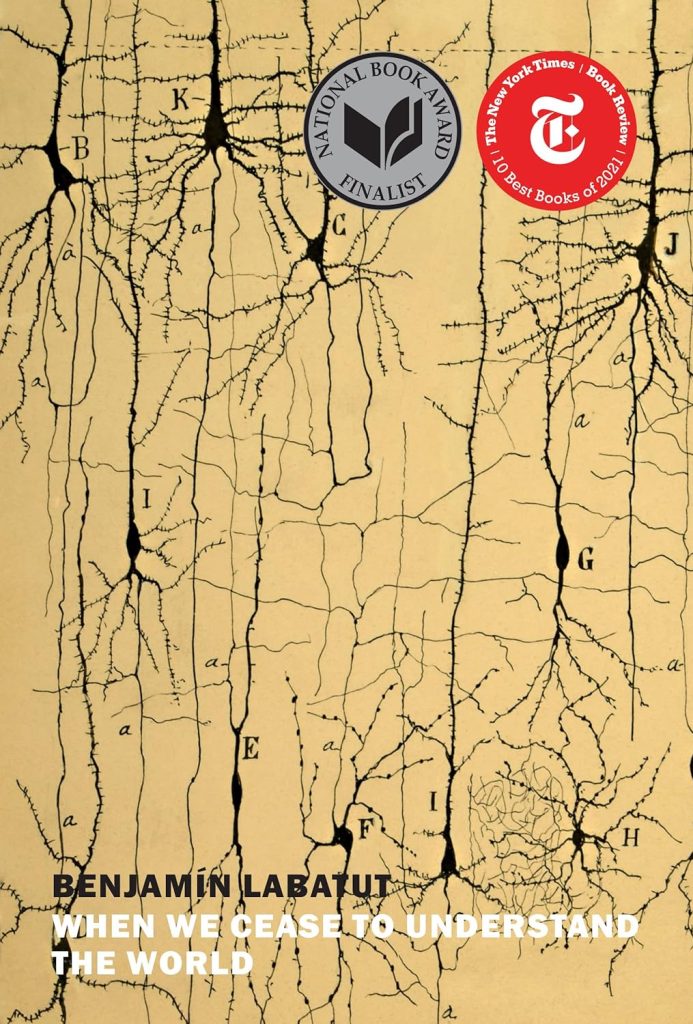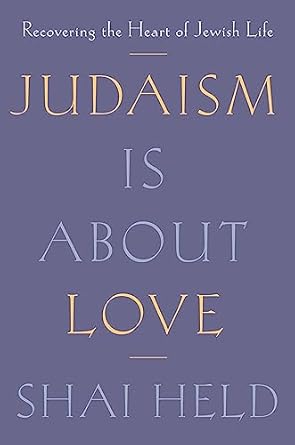Living and Grieving
Estimated reading time: 10 minutes, 14 seconds
Four Years After Loss: Grieving and Living in a Community
As I was about to say “Shabbat Shalom” to Roger and head upstairs, he mentioned that it had not yet been four years—a fact that neither of us could fully comprehend. I told him I missed her and acknowledged that I was who I was because of our shared love. However, I knew I could not let my sorrows overwhelm me.
Reflecting on the past forty-eight months, I told Roger that I believed I had grown and managed my grief better than I had anticipated. It felt more like a statement than a question, but Roger quickly agreed. He added that my “successful journey through grief, as well as your willingness to share it, had helped many people.” His words resonated deeply, and I was amazed by how well he understood my experience navigating my journey of loss.
We kept chatting, and I found it challenging to end the conversation, even though I knew it was time to go. As I unbuckled my seatbelt and opened the door, we shook hands and simultaneously said, “Shabbat Shalom.” As I closed the door, Roger mentioned we would do this again next week, and I nodded in agreement.
As I climbed the stairs, the only word that echoed in my mind was “Amen.” I repeated it several times as I entered my apartment. After asking Siri to stop the music, I removed my coat and hat, then reached for my copy of “The Amen Effect.” I wanted to verify Rabbi Borus‘s definition of amen, which she wrote:
That single word—amen—conveys a world of meaning. It’s powerful and ancient, appearing thirty times in the Hebrew Bible. For thousands of years, this word has echoed through Jewish, Christian, and Muslim religious practice, with a similar resonance to the African Yoruba tradition of Ashe or Ase. It’s a verbal affirmation, a kind of sacred witness: “Yes!” we’re saying. I’m with you.” In the Jewish tradition, saying “Amen” to someone else’s blessing is an act of cosmic significance because the very nature of the word indicates a relationship between seekers, an affirmation of one person’s blessing by another. It derives from the Hebrew word emunah, meaning belief or trust. As in, ‘I believe you.! see you.'”
‘The Amen Effect‘ by Rabbi Sharon Brous
I am believed; I am seen. I believe in others and see them for who they are. Although I may reside within my home, I live, grieve, and thrive within my community.
Shalom, Love, and Hope! Amen!
The Jan Lilien Education Fund sponsors ongoing sustainability and environmental awareness programs. All donations are tax-deductible.

This work is licensed under a Creative Commons Attribution-NonCommercial 4.0 International License.
After almost 48 years, I recently lost my wife, Jan Lilien. Like The Little Prince, Jan and I believed that “The most beautiful things in the world cannot be seen or touched, they are felt with the heart.” This blog is a collection of my random thoughts on love, grief, life, and all things considered.








